Project Frame Methodology
Evaluating Greenhouse Gas Impact for Early-Stage Investments
Foreword
Global investment in climate finance has been on the decline since its peak in 2022 despite the increasing threat that climate instability poses to our lives, communities, and businesses.
Energy majors are shifting away from cleantech, a trend likely to be further exacerbated by shifting political landscapes.¹,²
Over my years supporting Project Frame, it has become evident that while many participants join out of a drive to secure a livable climate, the majority see greenhouse gas (GHG) impact analysis as key to their portfolio success. In our most recent survey, over 90 percent of respondents reported seeking above-market rate returns and indicated that aside from climate concerns, their primary motivator was firm competitiveness. It has also been my experience that limited partners and growth equity are becoming increasingly aware of the need for GHG impact analysis to mitigate further risk and exposure to their existing assets. Even with these trends, investment isn’t transitioning fast enough to reach emissions reduction targets in time to avert significant harm within our lifetime. As climate disasters become more frequent and intense, forward-looking emissions assessment will be essential to remain relevant amidst evolving market demands in our new climate reality.
In response, Project Frame has grown to over 900 participants within three years, representing more than 360 firms with $670.1 billion in venture capital and private equity assets under management. The 2023 methodology has been viewed more than 7,500 times, including over 1,200 downloads. Powered by Prime Coalition’s philanthropic support and volunteer participation, the rapid increase in enthusiasm highlights investors’ demand for actionable approaches to assessing GHG impact.
This is further exemplified by Project Frame’s recognition from Ceres, Global Financial Alliance for Net Zero, Global Impact Investing Network, World Business Council for Sustainable Development, and most recently, the Government of Japan. Looking forward, we are encouraged to see Project Frame’s learnings embedded into emissions impact assessment tools like Climate Point, CRANE, Koi, and MoreScope, while we continue to iterate improvements within our newest working groups composed of more than 50 investors across 4 continents.
This latest iteration of the Project Frame methodology—along with a new library of accompanying case studies and supplemental materials— demonstrates that GHG impact forecasting and reporting is both an art and a science. Those who practice it are vanguards, competing to find and support necessary solutions for a carbon-constrained future. That is why we have designed the methodology to be practical, built and implemented by investors alongside climate experts who understand the importance of transparency and accountability for industry credibility.
We extend our deepest gratitude to our philanthropic supporters, steering committee, working groups, community members, and team Prime for their unwavering dedication to our mission and the development of this publication. Now more than ever, it is vital for philanthropy and the private sector to commit to driving the transformation needed for our businesses, communities, and planet to thrive.
Keri Browder
Director of Project Frame & Impact Accountability, Prime Coalition
1. https://www.ctvc.co/32bn-and-30-drop-as-market-hits-pause-in-2023/?ref=ctvc-by-sightline-climate-newsletter
2. https://www.ctvc.co/fuel-disclosure-from-energy-majors-earnings-221/?ref=ctvc-by-sightline-climate-newsletter
Table of Contents
Project Frame is not a regulatory body, nor should its content be considered financial advice. Methodology guidance produced by Project Frame represents our contributors’ consensus and no one singular entity. Our work is intended for readers to review and use their best judgment to accelerate GHG mitigation with transparency and accountability.
Key Contributors and 2023-24 Content Working Group Members
Roberta Benedetti, Deep Transitions
Keri Browder, Prime Coalition*
Sophie Bruusgaard Jewett, MoreScope
Yi Jean Chow, Clean Energy Ventures
Chloe Coates, Zero Carbon Capital
Joanna Cohen, Builders Vision
Jean-Baptiste Curien, Nysno Climate Investments
Rick Cutright, Climate Investments*
Anjali Deshmukh, Prime Coalition*
Laura Di Bonaventura, MUUS
Emre Gencer, Sesame
Aurora Ginzburg, Rho Impact
Anna Goldstein, Prime Coalition
James Hicks, Bridges Fund Management
Peter Hirsch, 2150
Leslie Kapin, Astanor Ventures
Claudia Leon, Prime Coalition
Irina Markina, Ara Partners
Emily Mellor, Set Ventures
Natalie Milde, Future Energy Ventures
Dan Miller, The Roda Group
Carol Moreno, Ceres
Kavita Patel, MUUS
Adam Ross, Morgan Stanley
Miriam Roure, Kara
Liza Rubinstein Malamud, Carbon Equity
Richard Searle, Just Climate
Morgan Sheil, World Fund
Seth Sheldon, Rho Impact
Michael Solomentsev, Prime Coalition
Tobias Thorleifson, ClimatePoint
Daniel Valenzuela, World Fund
*Lead author
External Reviewers
World Business Council for Sustainable Development
Venture Climate Alliance
AEFDi
Project Frame Steering Committee
Autodesk Foundation
BCG
Bridges Fund Management
Carbon Direct
Clean Energy Ventures
Climate Investment (CI)
Emerald Technology Ventures
Prime Coalition Team
Sarah Kearney
Kelsey Litwin
Sultan Zelei
Jenny Zhang
Energy Impact Partners
Green Artha
Nysnø Climate Investments
Prelude Ventures
Prime Coalition
The Roda Group
World Fund
2150
Alberta Ecotrust Foundation
Anglet LLC
Astanor
Autodesk Foundation
Azolla Ventures
Boston Consulting Group
Blackhorn Ventures
Blue Earth Capital
Bridges Fund Management
Carbon Equity
Clean Energy Ventures
Climate Dividends Association
Climate Investment
Climate Technology Group LLC
Emerald Technology Ventures
Riya Choudhury
Suryadipta Das
Hunter Dudley
Focus Group
Galvanize Climate Solutions
GLIN Impact Capital
Green Angel Ventures
Green Artha
Impact Frontiers
Just Climate
MoreScope
Nysnø Climate Investments
Prime Coalition
Rho Impact
SK CSES (Center for Social value Enhancement Studies)
Starshot Capital
The Roda Group
Vidia Equity
Zero Carbon Capital
Additional thanks to Genaesis Creative for graphic design.

